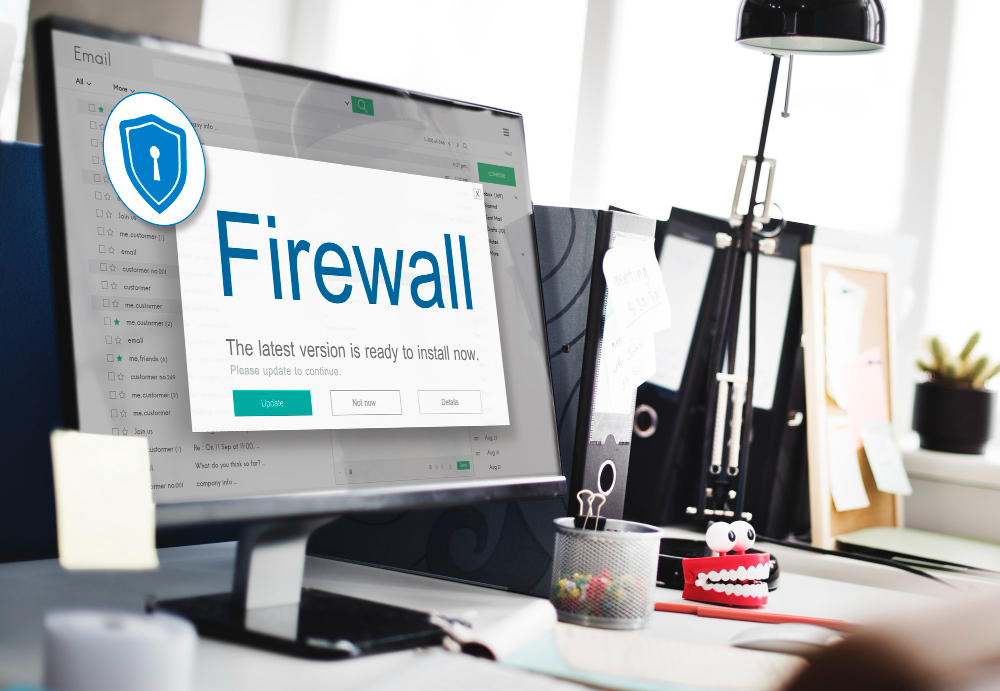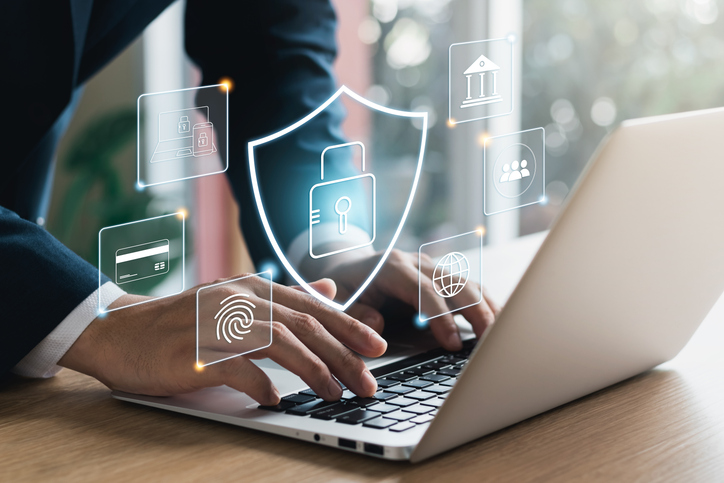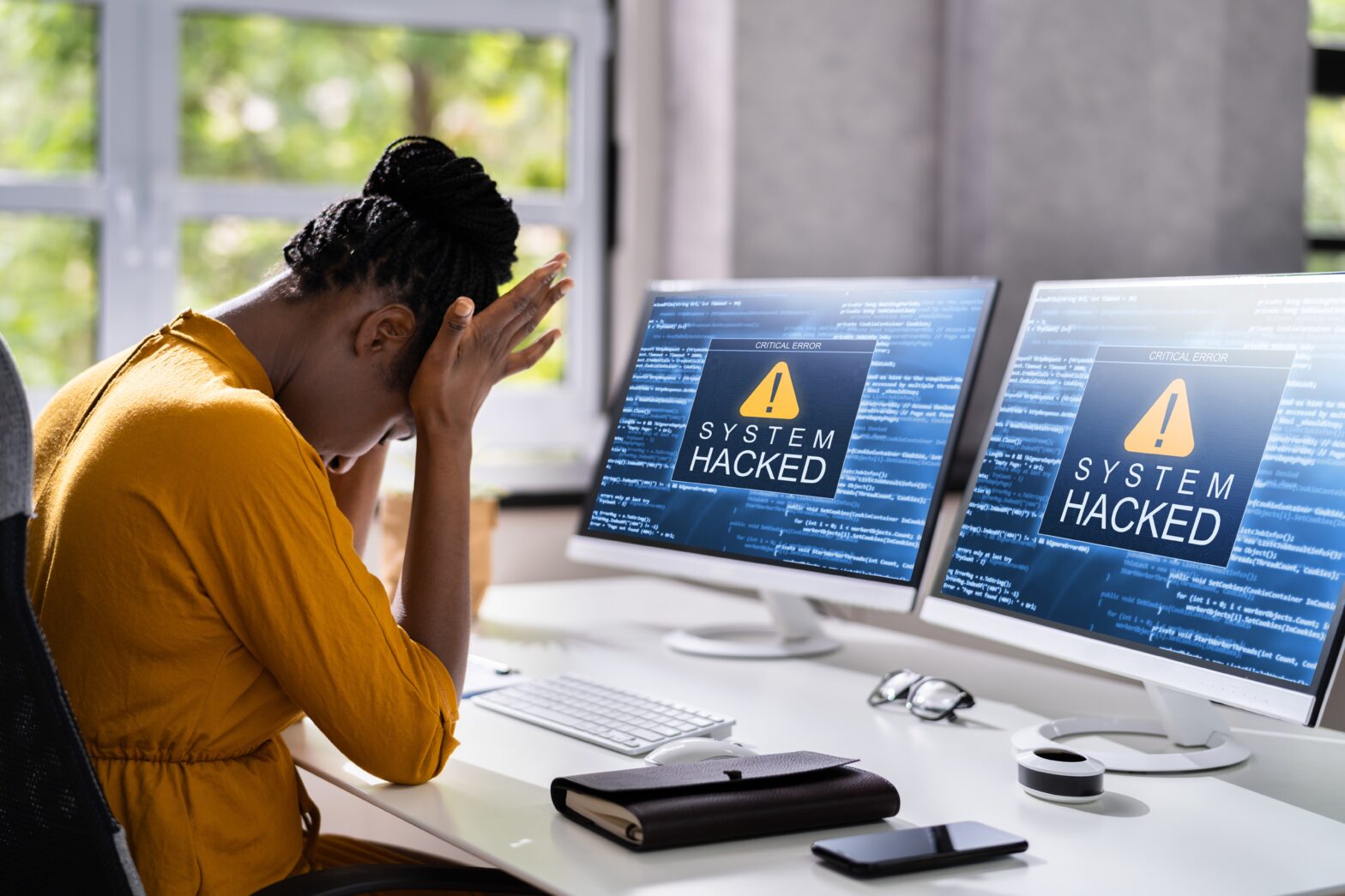Startups are exciting because everything is new, fun and flexible. Without the burden of layers of bureaucracy, decades of policy and procedural lags, startups are free to innovate and adapt, making rapid changes as needed.
At times, though, it’s tough for young companies to keep up with the pace of change and growth. Sometimes staffing limitations make it challenging to dedicate the proper resources to a project, while other times there are budget constraints.
Cybersecurity is one aspect of the business that can’t be ignored, even in the early stages. You may think a new company isn’t much of a target, but hackers think otherwise. They know small and fast-growing companies are ideal targets because they’re far less likely to have strong security measures in place.
Putting strong cybersecurity tools and policies in place early on is like buying an insurance policy. It doesn’t guarantee you won’t experience a data breach, but it can greatly lesson the damage if and when one does occur. Here are some straightforward tips for keeping your startup secure and protecting your investment.
Set aside the budget
Strong cybersecurity does come at a cost. It doesn’t have to break the bank, but you should budget and plan for the absolute must-haves. Protect your networks, including wireless networks, from external attacks by using firewalls, proxies and access lists. Install anti-virus software on all systems to guard against malware.
Also, consider hiring an outside consultant or managed service provider (MSP) to assess your security defenses and make recommendations. Many professionals are accustomed to working with small businesses on limited budgets. Keep in mind that preventing a data breach is far less expensive than mitigating the damage after one occurs. Many small businesses never bounce back from a major breach.
Put someone in charge
You’re probably not in a position to hire a chief security officer, but that doesn’t mean cybersecurity should be a no-man’s land. If no one in the company has ownership of cybersecurity, important tasks and issues fall to the wayside.
Put someone in the company in charge of cybersecurity awareness, education and implementation, whether that’s an engineer or the CEO. Task this person with staying on top of cybersecurity trends, ensuring that all the proper software and anti-virus updates are made, enforcing strong password policies, and being the point person for any outside security consultants.
Monitor your employees
Most of the media attention around data breaches focuses on external attacks, or hackers. But a data breach is much more likely to originate from within your own walls, whether it’s malicious or simply the result of employee error.
Employee activity monitoring software helps you detect and prevent employee actions that are risky such as emailing or printing sensitive data. You can set up specific rules and alerts so that you’re notified when risky behaviour occurs. Employee monitoring software also has the added benefit of allowing you to keep tabs on employee productivity, and it’s affordable even on a very limited budget.






